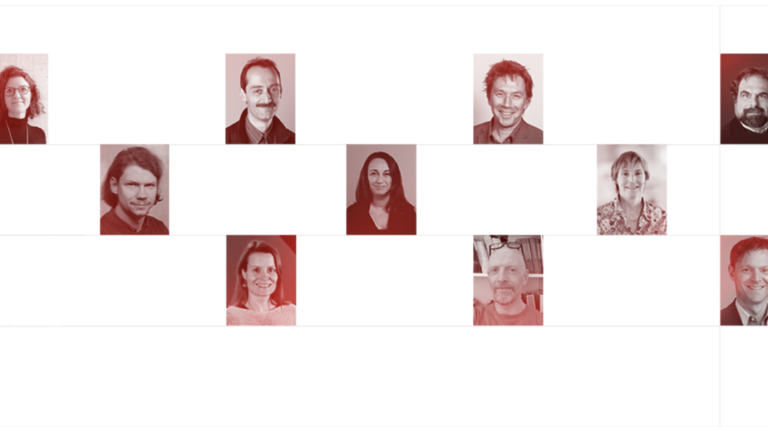About
Members of the Center LEARN
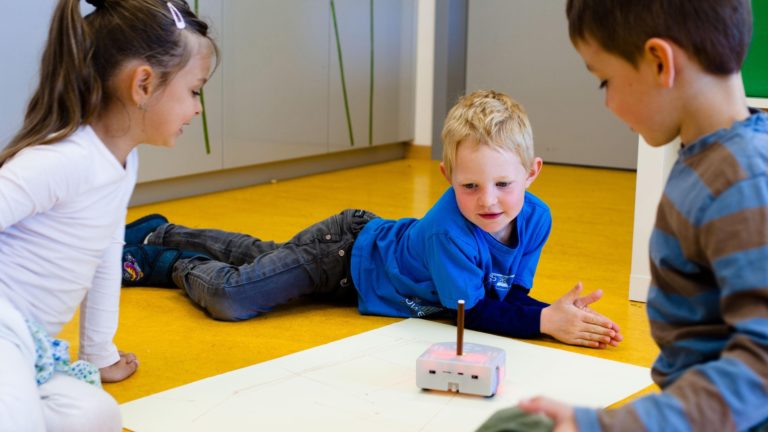
LEARN team
The LEARN team facilitates the Center’s federative mission and its translational approach between research and practice. The team also coordinates the Center’s external and internal missions.
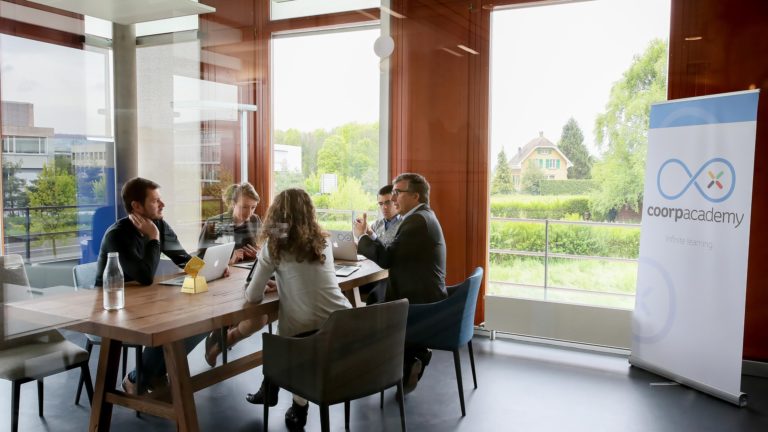
COLLIDER – Swiss EdTech Collider
The EdTech Collider connects startups dedicated to advancing educational technologies with industry experts, investors and cutting-edge research conducted at EPFL to stimulate innovation in digital learning.
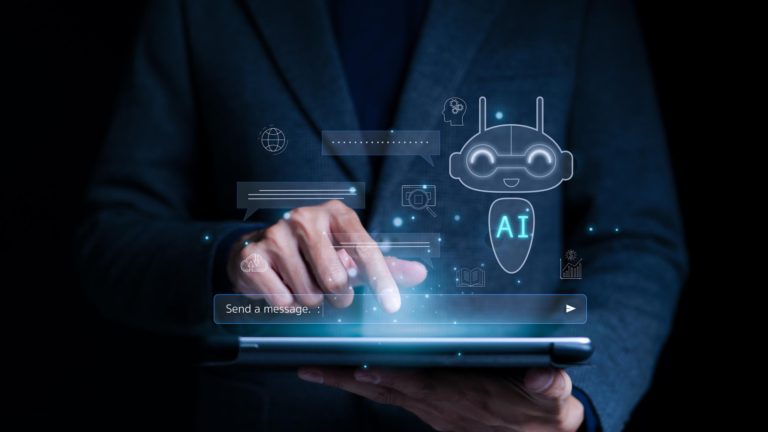
ML4ED – Machine Learning for Education Laboratory
The ML4ED Lab conducts research at the intersection of machine learning, data mining and education to create highly personalized learning tools.
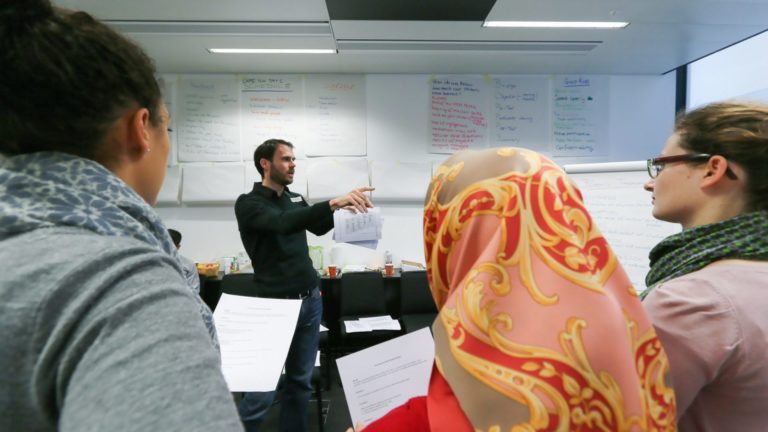
CAPE – Teaching Support Center
CAPE offers a wide range of services to all those involved in teaching at EPFL: teachers, doctoral assistants, post-docs, sections and students.
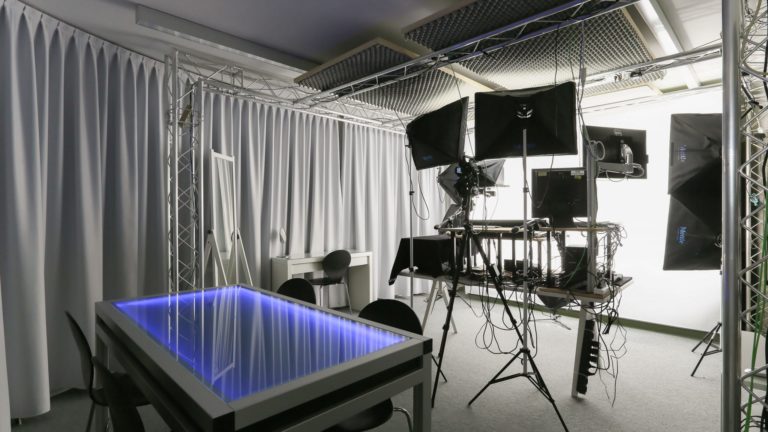
CEDE – Center for Digital Education
CEDE’s mission is to explore and exploit advances in digital technologies for education, and to support education stakeholders at EPFL. Digital technologies encompass educational content, tools and data at all levels of the education system.
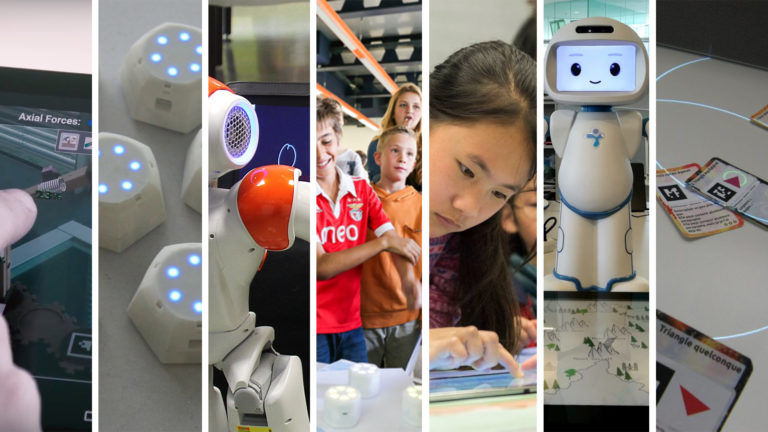
CHILI – Computer-Human Interaction in Learning and Instruction Lab
CHILI studies human-computer interaction (HCI) and evaluates its projects by carrying out empirical studies and experiments in its research laboratory and in real-life situations (e.g. classrooms). The team develops, explores and researches innovative interfaces for learning.
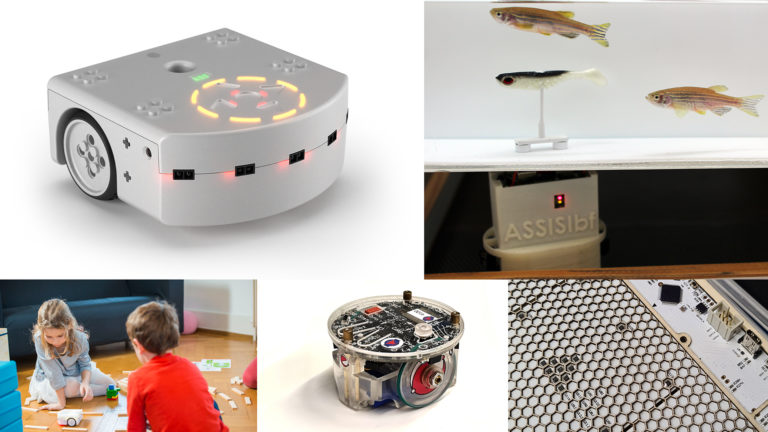
MOBOTS – Mobile Robotic Systems Group
The MOBOTS Group designs systems for miniature autonomous mobile robots. This field encompasses a broad spectrum of disciplines, from artificial intelligence to mechatronics, from navigation techniques to digital electronics, from sensors to actuation technologies.
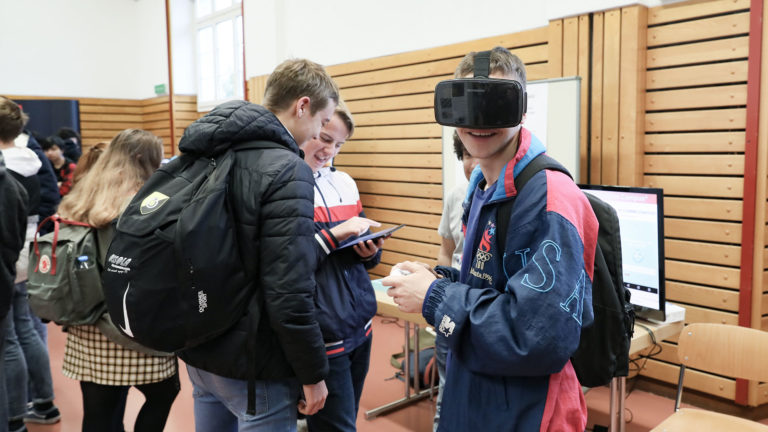
SPE – Education Outreach Department
The SPE assists students and future Bachelor, Master and PhD students in their choices and ambitions, ensures a high profile for the School’s curricula and promotes a smooth transition from secondary school to EPFL.
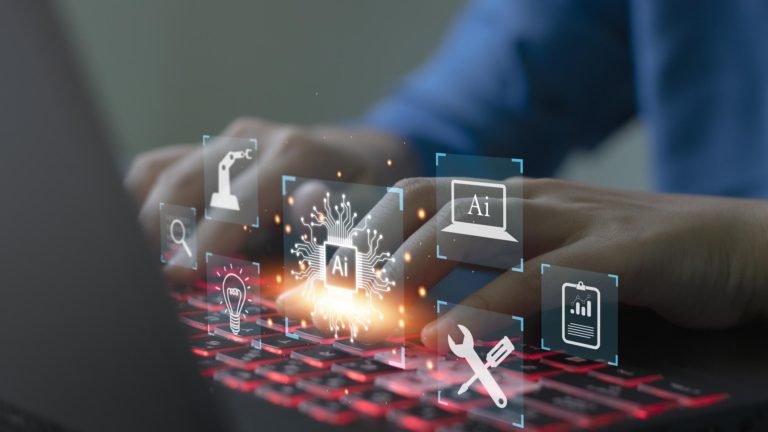
REACT Group – Interaction Systems
The REACT group focuses on the design, implementation and adoption of innovative information systems (algorithms, services, platforms and applications).

